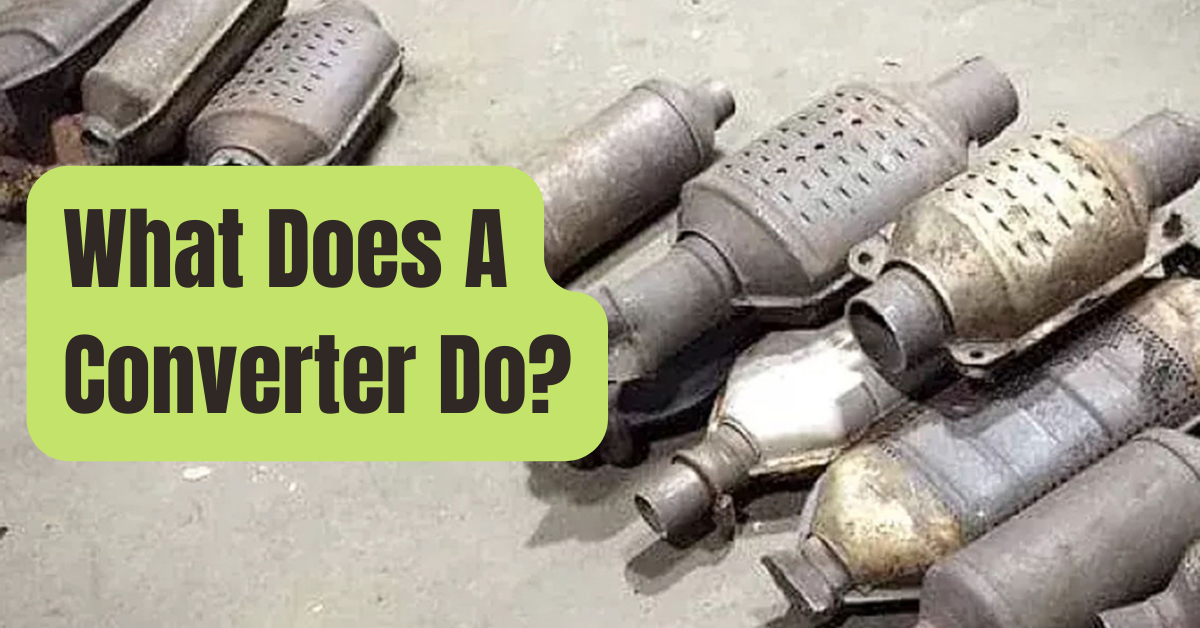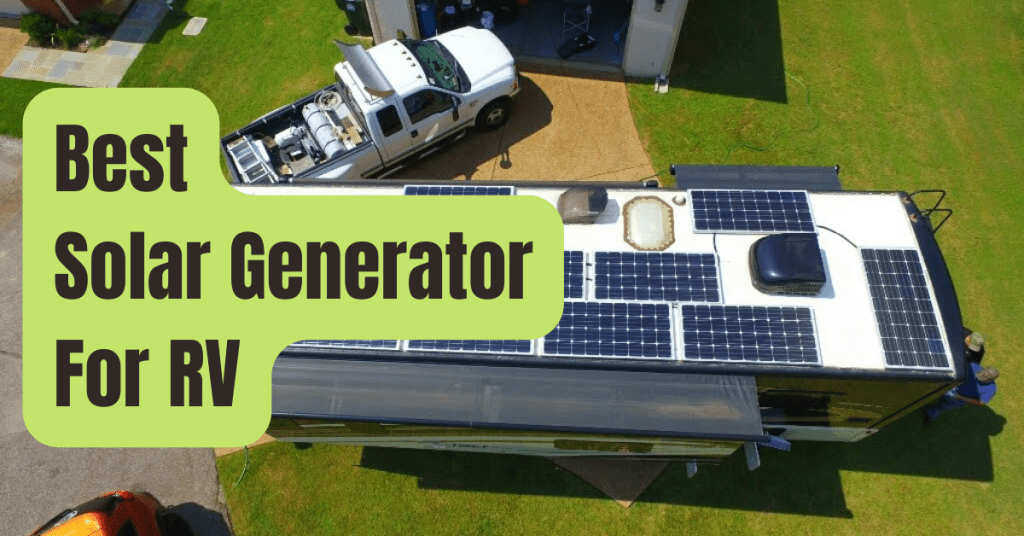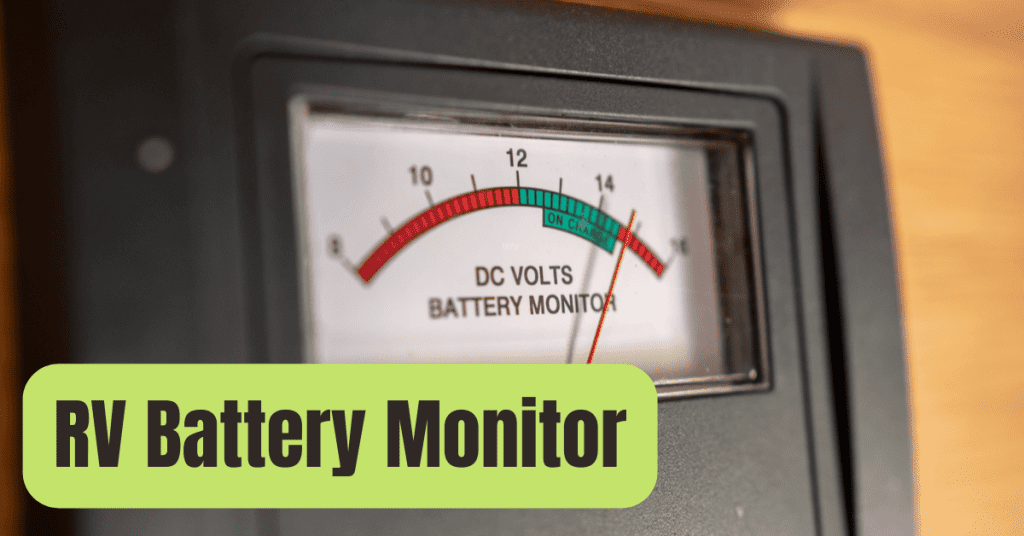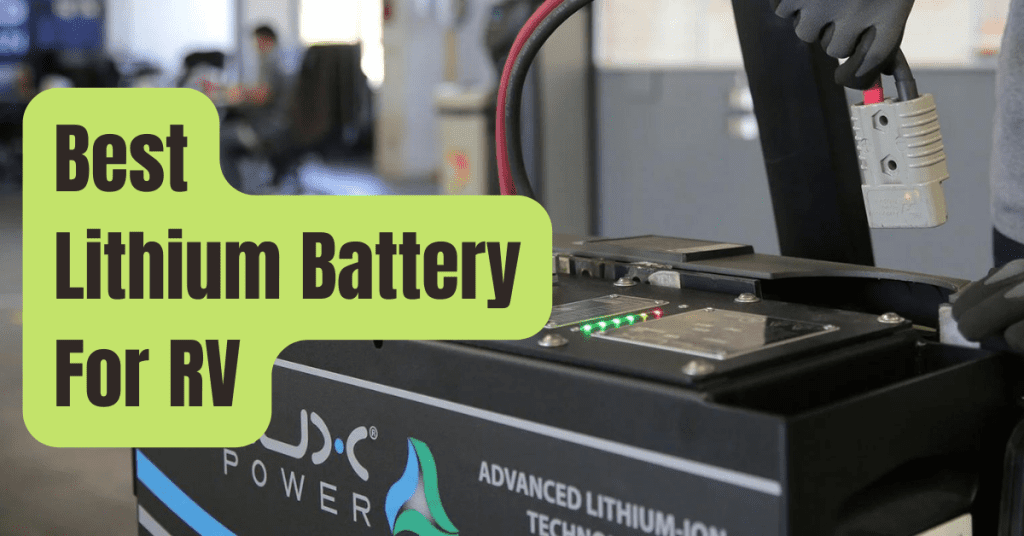Unsure of where to begin yet curious about the electrical setup of your RV?
You’ve probably heard of an RV converter as a component of the system, but how does a converter work exactly?
What exactly does a converter for your RV do? Standard 120v AC electricity is transformed into 12v DC power via an RV converter.
This is crucial since your 12v DC system runs a variety of specialized components within your setup, including fans, lights, and vents.
A converter is an essential component of your RV since it powers such significant components.
Are you still unsure about the functions of your RV converter? Let’s look at some often asked queries concerning the electrical system of your vehicle and provide some answers!
What Functions an RV Converter?
Continue to wonder how your converter works and why it’s crucial for your RV?
Regardless of whether you want to be connected to shore power or not, it is a must for all rigs!
The converter’s function is to transform 120v AC electricity into 12v DC power when you hook your RV into shore power or any other kind of regular electrical source.
To power all of the 12-volt appliances and accessories in your vehicle, converters are now a regular feature in contemporary RVs.
All of the 12-volt appliances and accessories in your RV will be powered by your RV battery or batteries if you aren’t hooked into shore power or another electrical source.
When you are connected to shore power, a converter will recharge your batteries so they won’t discharge and run the danger of having their lifetime shortened.
A converter is a straightforward plug-and-play addition to any setup or a standard feature.
It functions easily enough.
It is essential equipment if you want to utilize DC accessories or appliances since even when you are hooked into regular shore power, your batteries will still discharge.
Your batteries are kept charged by a converter, however not all converters operate in the same way.
Depending on your demands, they operate differently.
Let’s go further into what this entails.
RV Converter Types
There are several kinds of converters available, each with unique features and compatibilities.
It’s a good idea to choose the one that best fits your requirements, particularly if you’re replacing an outdated or damaged converter! These are some of the most typical converter kinds, but to discover the one that best meets your requirements, you may need to do further study.
You can see my list of the top 10 converters for any RV or circumstance here.
I’ve really done a lot of this research before.
#1. Smart or Multi-Stage Converter
You may choose from one of the options available if you’re seeking for a converter that can handle everything.
A multi-stage converter is a fantastic contemporary converter that can charge your batteries, maintain their level consistently, and turn off when they are fully charged.
Given their capabilities, multi-stage converters are the preferred option for the majority of people nowadays.
Every step of the conversion procedure is taken care of by this converter, giving you complete peace of mind.
A multi-stage converter is aware of the damage caused by an overcharged battery and believes that a charged battery is a happy battery.
The capabilities of single stage chargers, which are often found in older RVs, are less than those of multi-stage chargers.
One-stage converters or chargers, for instance, can only handle a significant bulk charge.
These converters often overcharge your batteries, which may result in lasting harm.
This may be avoided and your batteries will be protected for a longer time with a multi stage converter.
#2. Converter with High Output
Do you need many fully charged batteries and enough power to operate bigger DC-powered appliances? Your demands could be best served by a high output converter.
This converter is designed to work hard for you.
The ideal alternative if you require a large output of electricity for your DC appliances or accessories, as well as the finest converter for camping in harsher or colder locations.
If you have many batteries that need charging, this converter also helps them all.
This converter is a fantastic option to take into account if you anticipate having high energy needs for your 12 volt system.
Converter for Deck Mount
A deck mount converter is the only option if you want a converter that can be mounted almost anywhere.
You don’t have to worry about placing this converter anywhere awkward since, as the name says, it can be mounted on the deck.
Since most conversions have significantly different setups from regular RVs, this converter could be the ideal choice for your customized or converted vehicle.
Many RVers find it intriguing to have the flexibility to place a converter on a wall, behind a seat, or both!
Converter For A Distribution Panel
Do you need a converter replacement for an older device? Are you trying to make a simple switch? Investigate distribution panel converters; they can be the best option for you!
Most distribution panel converters may be placed in the same location and are designed to replace older units.
You’re receiving an improvement in every aspect since they are more recent and effective than outdated types of converters!
Distribution panel converters have the ability to power your appliances softly while also charging your batteries effectively.
You won’t need to worry too much about energy loss because of their efficiency.
How Can I Tell If My RV Converter Is Defective?
When the DC vent fan in the midst of the summer started to run less and less until it stopped altogether one morning, I realized I needed to replace the converter and battery charger in my RV.
I first didn’t understand what was going on, but it didn’t take me long to discover that my battery was dead since my converter had not been charging it properly.
If you have a similar issue, such as slower fan operation, dimming or flickering lights, or any other DC connections that look weaker than usual, your RV converter may be defective.
If the RV is unfamiliar to you, it could take you a while to recognize it, but it soon becomes painfully obvious.
It should be rather simple to repair your RV converter if it is really defective or damaged.
Testing your converter, though, is your only option if you’re unclear of whether the problem lies with it or another component of the RV’s electrical system.
How? Read on!
Checking Your RV Converter
A digital multimeter is needed for the simplest method of testing your RV conversion.
Thankfully, most of these gadgets are reasonably priced and small enough to store easily.
Any RV owner must have it since it is simple to use!
Disconnecting the vehicle from all sources of power, including the battery, is the first thing to do before testing any RV electric system.
This implies that in the event that anything in your electrical system malfunctions, you will be secure.
Take your multimeter or voltmeter and attach it to each individual battery once you have unplugged your batteries.
Due to their innate connection, testing your batteries is an excellent place to start when troubleshooting your converter.
You may learn more about what has to be done by watching this video:
Everything is OK if your meter reads 12.3 to 12.9.
If it reads less or more than this, something is wrong with your batteries.
This is the optimal level for all components of your system.
Your batteries are not the problem in this instance, however, assuming they seem to be in this range.
To further troubleshoot the problem, you may test both the input voltage and the output voltage using your meter to measure the voltage in your converter in the same manner.
One of the most essential parts of a converter, the built-in fan, may also be having trouble with your converter.
If you are unable to identify the offender, your electrical system may be experiencing a more serious issue, such as a blown fuse or a wiring problem.
And as usual, if you’re having trouble getting your converter to function again, see an expert.
They’ll be more knowledgeable than anybody!
How Much Will It Cost To Replace The Converter In My RV?
Your troubleshooting thus went according to plan, but you now have some terrible news: a new converter is required.
What does this signify in terms of your budget and how difficult is it to replace?
Like most things in an RV, the price of a component replacement depends on your demands and degree of expertise.
There are several converters available, and you may save some money on installation if you feel confident installing one yourself.
When it comes time to set up your new converter, it can be more difficult to install a converter than you are used to, so you might require expert guidance and assistance.
If you believe it’s too difficult for you to handle, an RV professional can easily install a new converter for you.
Given the variety of converters available, there should be alternatives for every price range.
However, you could require a bigger expenditure if you discover that the whole converter has to be replaced and it isn’t a simple remedy like changing the fan or getting a new battery charger.
However, the price is entirely determined by the amount of amperage required to power your RV as well as any other features you want from your converter.
The converter, however, is a crucial component of the electrical system of your RV and is well worth the expenditure.
Saving money on installation or a converter that doesn’t output as much electricity as another type may be possible.
You probably don’t need a high output converter since your DC system shouldn’t be powering anything particularly extreme.
Just be aware of the expense of such an update if you decide this is essential for your setup.
Does An RV Converter Need A Battery To Operate?
Are you unsure if your RV converter will function without a battery? It’s possible that not all of you RVers out there will have an answer to this intriguing subject.
The solution may not, however, be what you were looking for.
Your RV converter is designed to transform the energy coming from your vehicle into 12v energy, which your battery then stores for later use.
If you are always connected to shore power, shouldn’t you be able to utilize a converter without a battery?
The simple answer is that you can use 12 volt electricity without a battery and only operate your converter if you are regularly connected to shore power.
Additionally, there are several cases of this technique damaging converters.
How could this be?
Your electrical system is built to store extra electricity and energy in your RV’s batteries for later usage or for times when you have significant energy demands.
Your converter is considerably more likely to burn out if these batteries are not used.
Many RVers have attempted to use their built-in RV converters without a battery, and the majority of them claim temporary success.
To maintain appropriate maintenance and upkeep of your RV’s electrical system, even if your RV is permanently connected to shore power, it is advised that you continue to use your batteries.
Nearly every RV has converters as standard equipment since they are designed to function in conjunction with batteries.
Keep your electrical system happy by leaving the battery compartment alone unless you are having trouble fitting everything in your storage and need it for a vacation you have planned.
Conclusion
The electrical system in your RV may be a complex and challenging technological component.
To enjoy your RV for a long time, proper maintenance and care of your converter, batteries, and charger are required.
Hopefully your converter is functioning well and you may resume taking pleasure in your trips for years to come.










